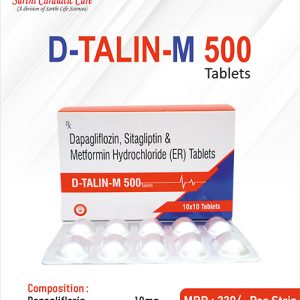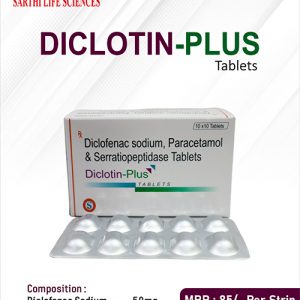Description
Azithromycin 200 mg / 5 ml Suspension
Azithromycin Suspension is an antibiotic drug. It is routinely administered to children for the management of a variety of bacterial infections affecting the ear, eyes, nose, throat, lungs, skin, and gastrointestinal tract.
Azithromycin Suspension acts by preventing the development of the infection-causing bacteria and preventing them from multiplying. Due to this, the propagation of the infection is incapacitated. Azithromycin Suspension should be administered once daily in the morning, but in typhoid, it is to be administered twice. Administer it with or without food at roughly the same time daily. But it is better to administer it with food, as children tend to have a sensitive stomach and may easily develop an upset stomach.
Benefits of Azithromycin Suspension for your child
In the treatment of Bacterial infections
Azithromycin Suspension is an antibiotic drug that may be used to treat a wide variety of infections caused by bacteria. These are infections of the blood, brain, lungs, bones, joints, urinary tract, stomach, and intestines. It may also be used in sexually transmitted diseases. It inhibits the growth of the bacteria causing infection and clears the infection. Take it for as long as your doctor has ordered and do not skip doses. This will ensure that all bacteria are destroyed and they do not develop resistance.
Side effects of Azithromycin Suspension in children
Azithromycin Suspension does not have serious side effects and can be easily tolerated by children. If side effects do arise, they should decrease once the body gets used to the medication. Talk to your child’s doctor if the side effects persist or are troublesome to your child. The most common side effects are-
Common side effects of Azithromycin Suspension:
- Nausea
- Abdominal pain
- Diarrhea
Precautions
- There are a few side effects which are been observed when this drug is consumed.
- The curing of these symptoms requires a longer period of observation and treatment. If the side effects persist for a longer period, then a consultation with your doctor is mandatory.
- The liver is the single route of azithromycin elimination, thus the patients with hepatic disease should be monitored very carefully to prevent any serious side effects. The causes of sudden hepatitis can sometimes result in liver failure. Your physician should be well informed in case you are experiencing any underlying hepatic disease or in case you are consuming other hepatotoxic pharmaceutical products to prevent any life-threatening side effects.
- There is no experience regarding the risk of an interaction between ergot and azithromycin. Nonetheless, owing to the remote risk of ergotism, azithromycin and ergot derivatives are not to be co-administered. With any antibiotic preparation, monitor for evidence of superinfection with non-susceptible organisms, including fungi.
- There is a cross-resistance between azithromycin and other macrolides (erythromycin, clarithromycin, roxithromycin), lincosamides, and streptogramin B (MLSB phenotype). The concomitant administration of multiple medicinal products belonging to the same or related class of antibacterial agents is not advisable.
- Patients with rare hereditary issues of fructose intolerance, glucose-galactose malabsorption, or sucrase-isomaltase deficiency should not use this drug.
- Aspartame is a source of phenylalanine, and it is found in Azithromycin. Non-clinical as well as clinical data are not available to evaluate the use of aspartame in infants aged under 12 weeks.







